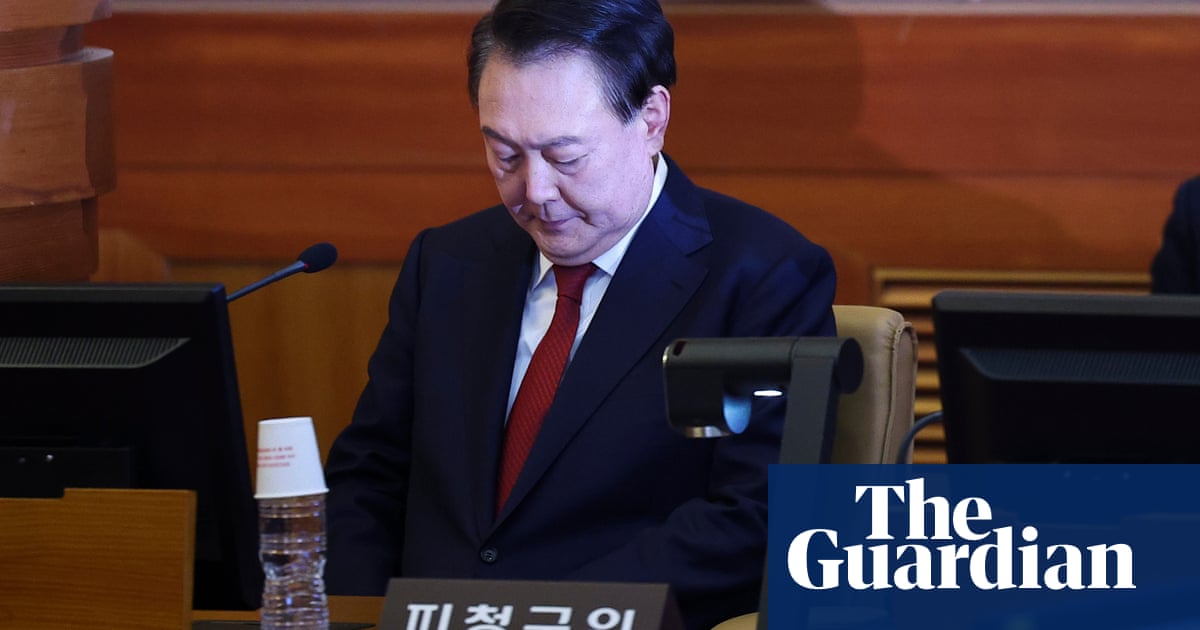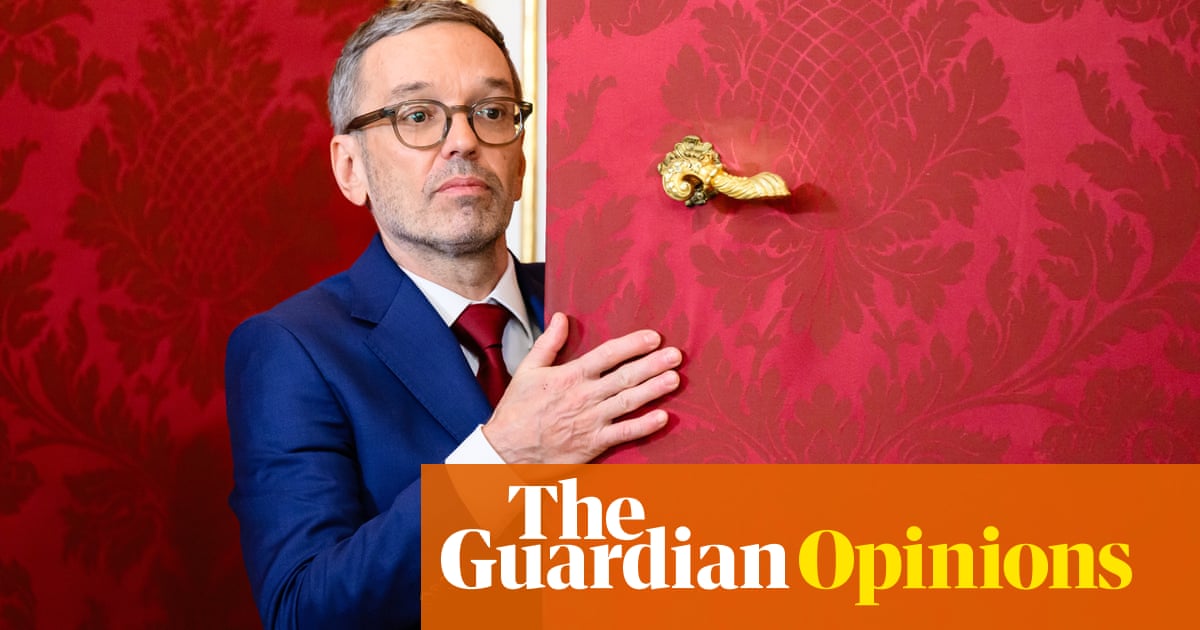Rachel Reeves is seeking a “deeper, more mature relationship” between Britain and the EU: this was her central message to the bloc’s finance ministers in Brussels a fortnight ago.
In her brief speech to the meeting of her European counterparts – the first a UK chancellor had attended since Brexit – Reeves mentioned the UK’s relationship with the EU nine times.
As well as deeper and more mature, she wanted it to be closer, stronger, “mature [again] and businesslike” and, “built on trust, mutual respect, and pragmatism”.
Little concrete detail emerged from Reeves’s Brussels jaunt, but when a chancellor repeats the same message nine times, it is worth taking note.
With the economy stagnating, Labour sources say Reeves is increasingly driving the effort to lower trade barriers with the EU – led formally from the Cabinet Office by Nick Thomas-Symonds.
Mujtaba Rahman, of the consultancy Eurasia Group, a keen analyst of the twists and turns of government Brexit policy, says: “I think there’s a growing realisation, in the Treasury and beyond, that smoother trade with the EU is one of the few levers they can pull to improve growth over the medium term.”
As well as seeking ways to deliver improved economic outcomes, the chancellor also hopes to placate business leaders who remain grumpy about her budget tax raid.
And our new man in Washington, Peter Mandelson, as a former EU trade commissioner, is likely to be acutely aware of possible clashes between anything the UK might offer Donald Trump and the prospects for an EU reset.
Exactly what the UK government wants from the EU is much harder to discern, however – to the irritation of Brussels and pro-EU Labour MPs. “There is a real risk that we can miss opportunities because we’re not being clear about what we want,” warns Stella Creasy, the chair of the Labour Movement for Europe, an internal party pressure group.
Ministers have repeatedly restated the UK’s “red lines”, which include not returning to the single market or customs union. And they have reiterated Labour’s manifesto policies on Brexit, such as negotiating a veterinary agreement and securing mutual recognition of professional qualifications.
But even here, the UK’s interlocutors appear unsure of what exactly is likely to be on the table – and only now is the government appointing a go-between with Brussels. (The former Treasury official Michael Ellam, now a senior banker, has been tipped for this job by the Financial Times – a choice likely to please his old department.)
There are some hints that the government may be prepared to go beyond the manifesto asks, where it can do so with the red lines intact.
Yet if Labour wants to make progress at the EU-UK summit pencilled in for February, and beyond, the EU has made it abundantly clear it wants to discuss a youth mobility scheme. Ministers have repeatedly rejected that idea, sometimes suggesting it would be tantamount to free movement.
Despite once claiming he wanted to see the return of free movement with the EU, Keir Starmer had good reason for ruling it out as Labour policy – and with it, therefore, single market membership.
Concern about unchecked migration and its impact on jobs and communities was clearly part of the motivation for the Brexit vote, and the salience of the issue among voters remains high. However – and it should hardly need saying – a time-limited, reciprocal youth mobility scheme is not the same thing as unfettered free movement.
The EU’s initial proposal was for an uncapped number of 18-to 30-year-olds to be able to come for up to four years, but that is a starting point: the government could surely argue for something more tightly defined.
And it ought not to be beyond the wit of the politicians to design a scheme that would help young people from the UK to get apprenticeships, training and work placements in the EU, as well as allowing for the stereotypical rich kids’ gap year.
But Starmer has undercut his own ability to advocate for such a scheme with his recent pronouncements on migration, stridently accusing the Tories of an “open borders experiment”.
The net result of the current system over the past few years – including the decision to create health and social care visas to help tackle labour shortages – was record net migration, peaking at an extraordinary 906,000 last year.
But the border is most definitely not open. You can only come to the UK legally to work if you have an employer to sponsor you and a job to come to; pay a hefty visa fee and an annual NHS surcharge of £1,035 a year; and fit a series of other criteria.
The rules may have been too loose, and too little has undoubtedly been done to home-grow our own talent, but an open border policy it ain’t. By lumping together all migrants, including those who were recruited to fill gaps in the hard-pressed NHS and care sectors, as part of an “experiment,” Starmer does them a disservice.
It is Labour’s corrosive fear of Nigel Farage and Reform that has shaped the government’s rhetoric here, but it may make its own life harder if it later has to make the argument for some concessions to the EU on youth mobility.
Reeves’s interventions on Europe in recent weeks are best read as the start of a determined effort to make the public case for a closer relationship, even where that means upsetting Tory Brexiters. That seems, as she put it, “mature”.
But to make the argument stick, Labour will also have to reckon with its vexed relationship with migration.

 4 weeks ago
18
4 weeks ago
18













































